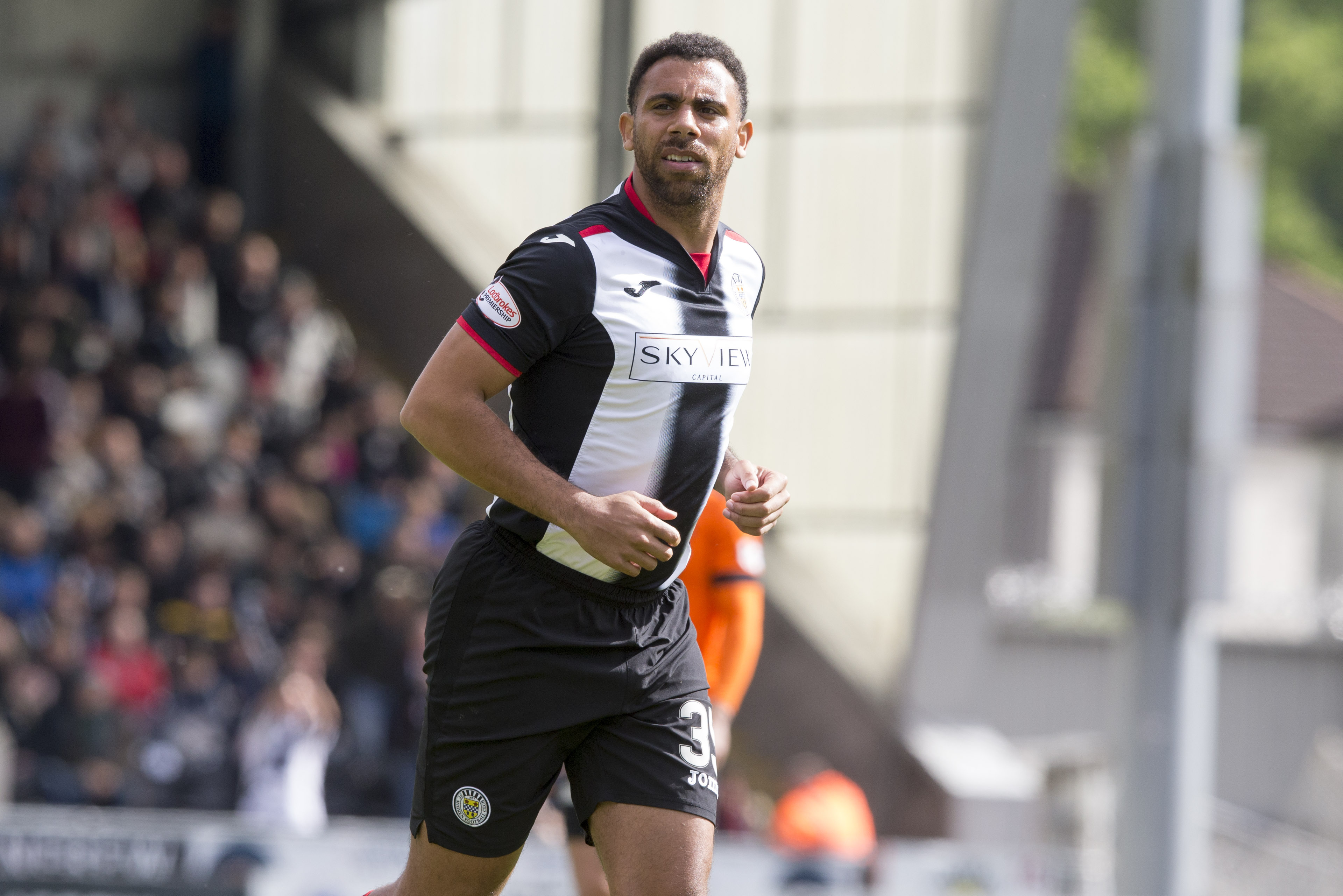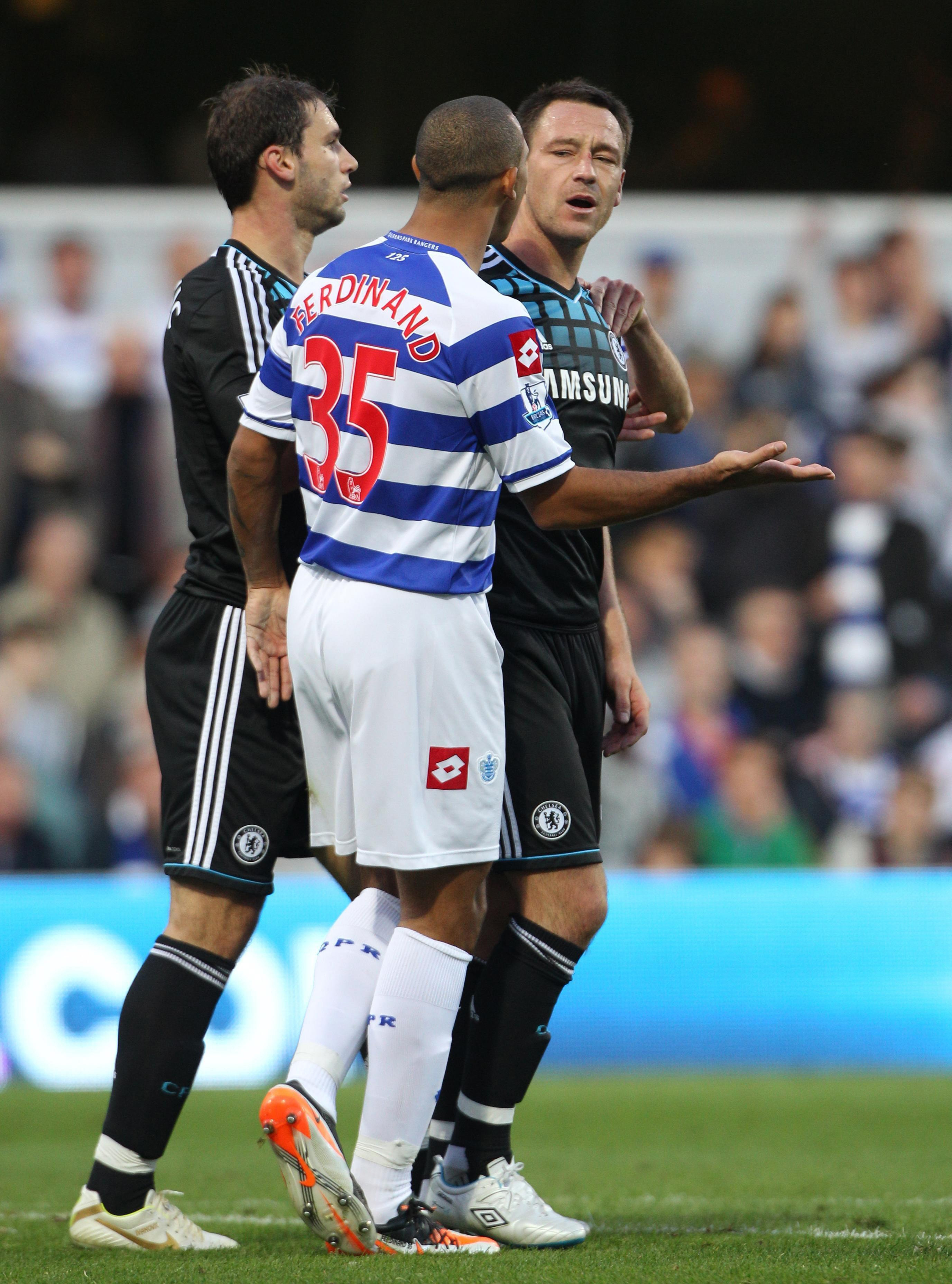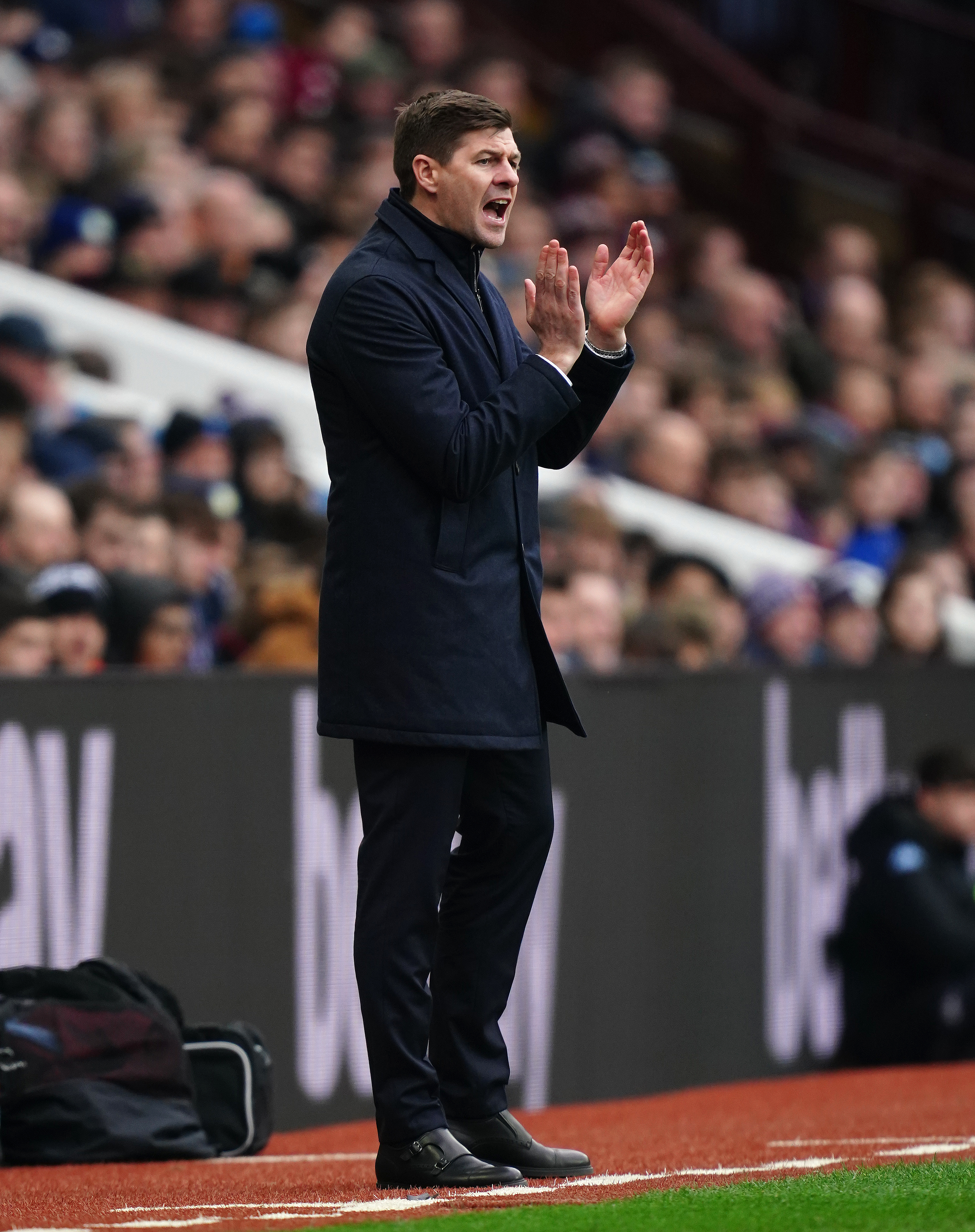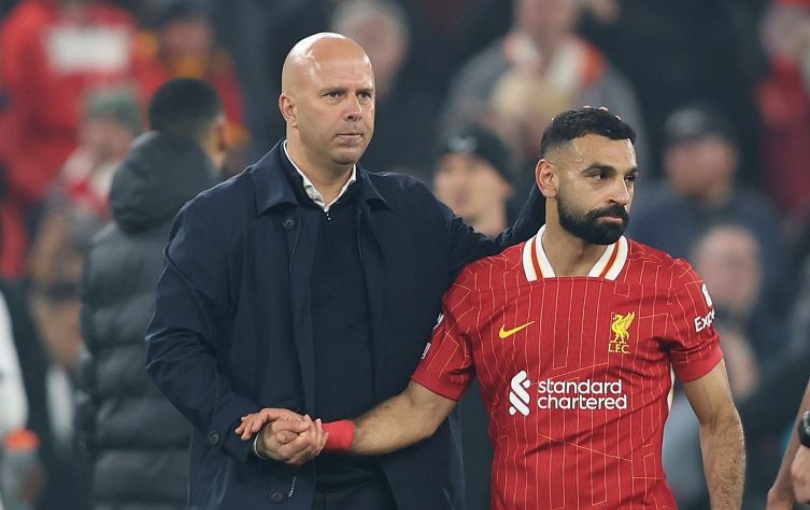Anton Ferdinand: Racism victims always face worse consequences than perpetrators

Anton Ferdinand believes the consequences for victims of racism are always worse than they are for a perpetrator, and said clubs “wouldn’t touch him” after the 2011 incident involving John Terry.
The then-Chelsea defender was caught on camera using the words “f****** black c***” while playing against Ferdinand’s club QPR in a Premier League game in October 2011.
Terry has always denied the words were said with the intention to abuse and said he was repeating back what he thought Ferdinand had accused him of saying.
"Don't allow people to control your narrative". "People are afraid to talk about race… it will be uncomfortable, but we need to be open, honest and transparent."— @IncludeSummit (@includesummit) March 8, 2022
Terry was cleared in court over the incident but was later banned for four matches and fined £220,000 by the Football Association for using abusive words which included a reference to colour.
Cricketer Azeem Rafiq told the PA news agency on Tuesday he fears he is “unemployable” after he spoke out about the racism and bullying he suffered across two spells at Yorkshire, and Ferdinand believes the same happened to him after the Terry incident.
“When it comes to racism, the victim is always the one who is made to feel like the perpetrator,” Ferdinand told PA at the Include Summit in Birmingham.
“I played 11 years in the Premier League prior (to the Terry incident). I played 13 times in the Premier League after the incident, then never played again.
Get FourFourTwo Newsletter
The best features, fun and footballing quizzes, straight to your inbox every week.
“I had to go to Turkey because managers that knew me, managers that knew my friends and family, wouldn’t touch me. Not because they didn’t want to touch me, but the club (didn’t).
“The reason why is because whenever that club would play against Chelsea or against John Terry, the club would have to talk about a topic which they didn’t want to speak about – racism.

“And I didn’t speak up at the time, so that’s happening and I’m not even defending myself. I’m being put in a box where (the perception is), ‘He’s the bad egg, it’s him, it’s him’. That honestly made me feel like it was me versus football.”
Terry is yet to hold a head coach role in football, unlike other England players of his generation like Steven Gerrard, Frank Lampard and Wayne Rooney.
Ferdinand said he did not know whether the stigma of the 2011 incident was a factor, but spoke highly of how Gerrard had supported Glen Kamara’s allegation of racism while in charge of Rangers last year.
“I’ve never seen a manager protect a player when it comes to racism the way I’ve seen Steven Gerrard do,” he said.
“You’re talking about that generation, and you’ve got people like Steven Gerrard who’s managing now and producing that level of commitment and support on a topic that is hard to speak about, especially as a white man.

“I think Frank Lampard would do the same, I think Wayne Rooney would do the same.
“I think that’s because they’re moving with the times, they’re educating themselves and they understand that they manage people, that they’re not just football coaches, they manage human beings.”
Ferdinand is seen in the 2020 documentary, ‘Football, Racism And Me’, trying to arrange a meeting with Terry without success.
He says he has still not heard from Terry.
“I never wanted (the documentary) to be Anton versus John, because the topic of conversation is bigger than me and him put together,” he said.
“It was about making sure the organisations learn what they should have done and what they shouldn’t have done from both of our experiences.
“I just thought, ‘How powerful would it be if two people that were involved in arguably the biggest racism case within football came together to create positive change? That would be fantastic for the new generation’.
“I don’t allow anyone to control my narrative any more. He said he’d tried to get in contact with me, and the facts are he hasn’t.”
Terry’s representatives have been approached for comment.
In May 2021 Terry told The Times he had tried to reach out to Ferdinand and his brother Rio, both at the time of the incident and in more recent years.
